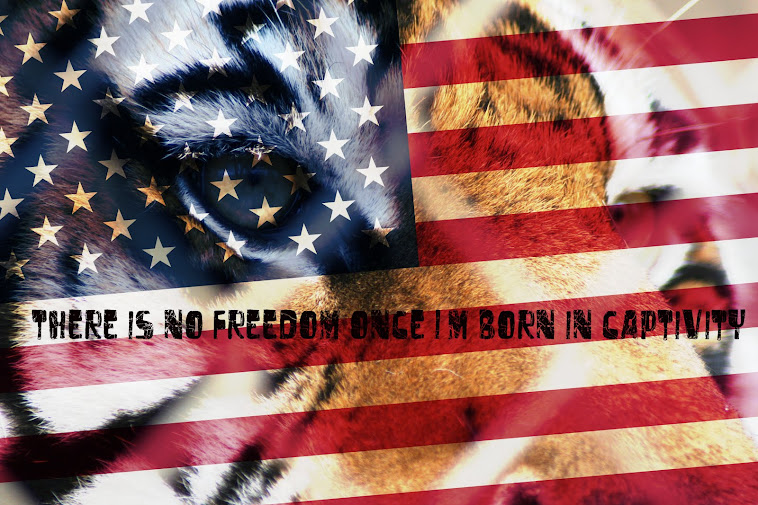 |
| Where the Tigers lived in 2003, before the shelter they are living in now took them in. |
Right now in Texas, a wildlife shelter is about to be seized after filing for bankruptcy. In this shelter are 7 tigers that need our help. Big Cat Rescue in Tampa, Fl, is willing to take 3 of these tigers but need help with funding. Now the lion's share of the money needed has been provided by an anonymous donor, but they still need $5000 to complete the enclosure space and pay for the transportation fee. The other 4 tigers are going to a shelter in North Carolina called Carolina Tiger Rescue, who still need to raise $10,000 to be able to take the tigers. These 7 tigers have spent the last 7 years in the care of a nice shelter that has fallen upon hard times and was unable to keep its doors open. Before that they were living in small, muddy cages, and in need of some serious TLC. Let's try to help these beautiful cats find a forever home with these loving shelters by donating to their cause! An amount as small as $10 can make all the difference! That's just 2 days without that Starbucks coffee! To donate to Big Cat Rescue go to: http://www.razoo.com/story/Helpsave3tigers Where I am personally holding a fundraiser, and for Carolina Tiger Rescue go to: http://www.carolinatigerrescue.org/
And if you can't afford to donate, please pass along this message so that others can read and donate!
Thank you!!!!!!






